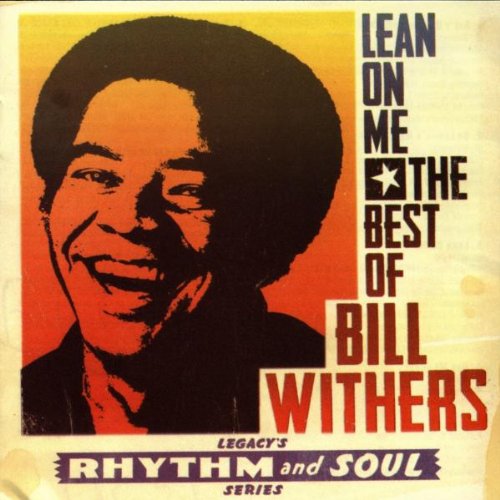The key facts of In re Woods Capital Enterprises are as follows:
- Woods Capital sued DXC Technology in Collin County for breach of a contract to sell real property, and filed a lis pendens.
- DXC moved to dismiss under the TCPA and to expunge the lis pendens.
- The trial court expunged the lis pendens, after which DXC (a) tabled its fee application related to the lis pendens, given the pending TCPA motion, (b) argued and won the TCPA motion, and (c) sought fees in connection with the TCPA motion.
- The trial court then dismissed Woods Capital’s case, awarded fees to DXC, and included a “Mother Hubbard” clause in that order.
- Woods Capital appealed and obtained reversal of the TCPA ruling in DXC’s favor. Upon remand, Woods Capital nonsuited its claims and filed a new suit in Dallas County.
- In the Collin County case, DXC filed a counterclaim for its fees associated with the lis pendens ruling.
Woods Capital filed a plea to the jurisdiction against the counterclaim, noting its nonsuit. The Collin County trial court denied the plea and the Fifth Court granted mandamus relief against that ruling, holding that the nonsuit – coupled with the Mother Hubbard clause in the earlier order – extinguished the earlier lawsuit. “Had DXC believed the trial court erred by denying its lis pendens fee application, it needed to file a cross appeal in the TCPA case.” No. 05-21-00188-CV (Nov. 8, 2021) (mem. op.).



